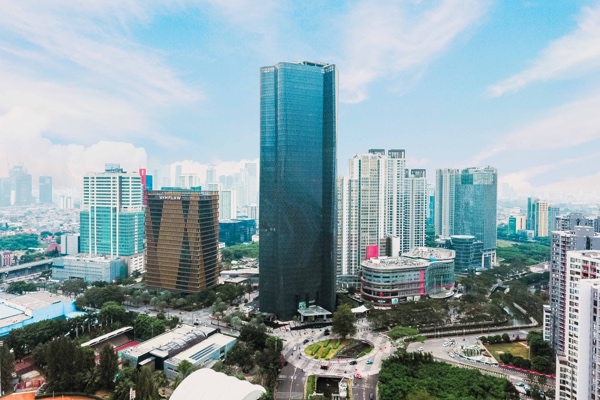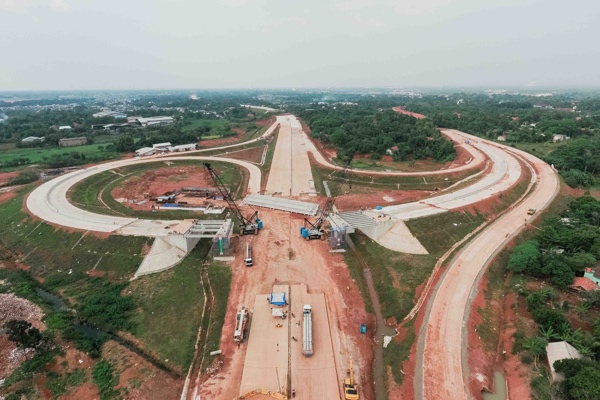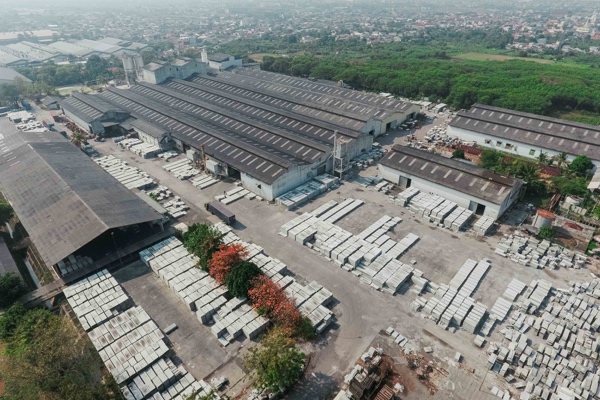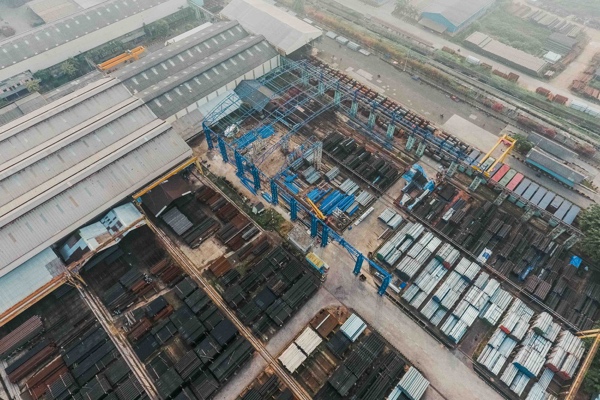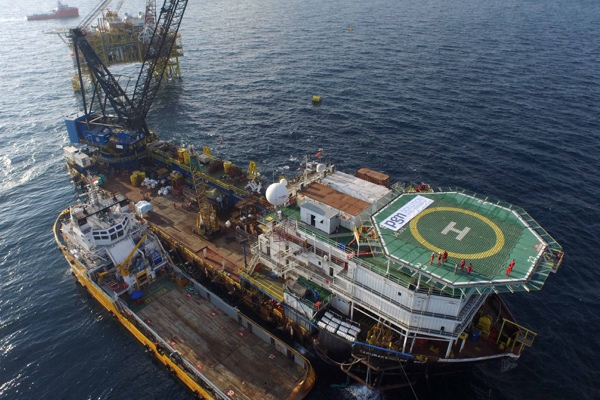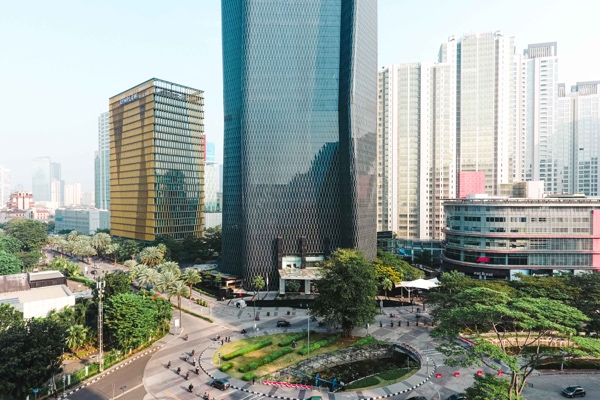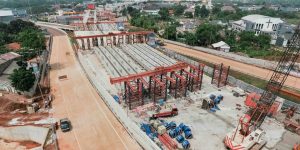Automotive industry sluggish, observer: RI remains promising for investors
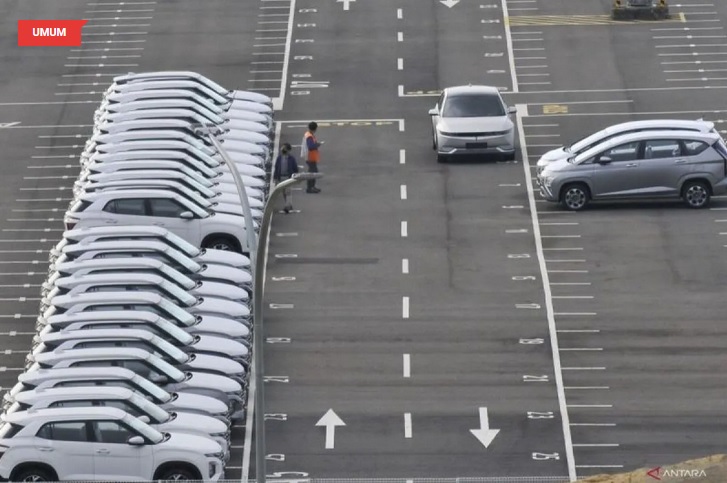
Source: Antaranews.com | July 3, 2024
In the midst of the sluggish Indonesian automotive industry in the first quarter of 2024, automotive observer and academic at the Bandung Institute of Technology (ITB), Yannes Martinus Pasaribu, said that the country is still promising for investors.
When contacted by ANTARA from Jakarta, Wednesday, Yannes said that Indonesia was still ahead by having the fourth largest population in the world, with the middle class – as the largest buyer segment – continuing to grow.
“The decline earlier this year should not be a permanent indicator that discourages manufacturers from investing in Indonesia. We have the fourth largest population in the world, with a growing middle class. “This shows the automotive market potential is very large and promising for investors,” he said.
According to Yannes, the significant decline in automotive sector sales at the beginning of this year was caused by several factors, one of which was economic uncertainty due to the election.
People’s purchasing power has also weakened, narrowing the space for purchasing vehicles. The inevitable increase in vehicle prices due to inflation, taxes and semiconductor chip shortages is further aggravating the situation. On the other hand, global supply chain disruptions have also made the situation worse.
“Various factors contribute to this situation, starting from economic uncertainty due to the election, being one of the main factors, causing consumers to postpone large expenditures, including purchasing increasingly expensive vehicles with higher credit interest rates,” said Yannes.
The motor vehicle association in Indonesia, the Association of Indonesian Automotive Industries (GAIKINDO), recorded retail sales from January to May 2024 of 361,698 units. This achievement decreased by 14.4 percent compared to January-May 2023, which was recorded at 422,514 units.
Yannes revealed that key factors such as global and domestic economic recovery, conducive government policies, political stability and industrial innovation will play an important role in determining the future of the automotive industry in Indonesia. “Even though there are several challenges, such as uneven economic recovery, inflation and geopolitical tensions, the opportunity to return to a positive trend is still open,” he added.

